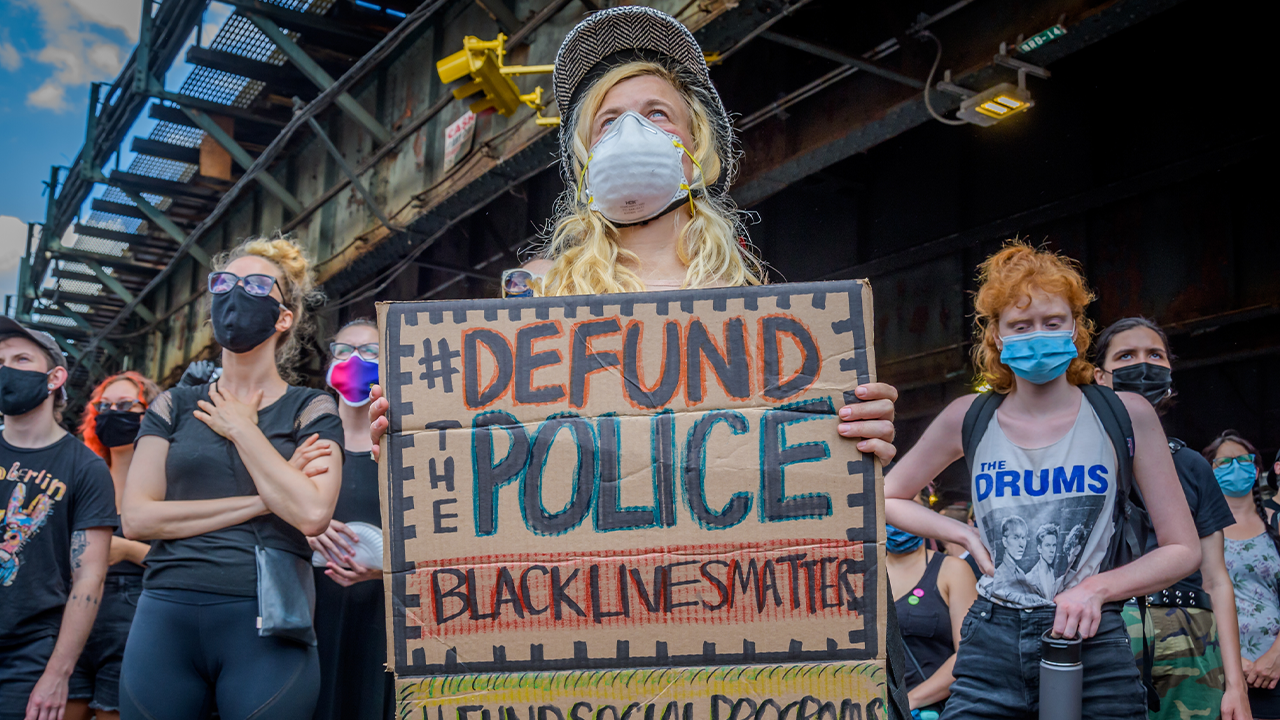Trump crackdown sparks protests as Democrats revive defund the police arguments

Fox News has reported that the 2020-era “defund the police” movement is once again making waves across the nation. Democratic lawmakers and activists are criticizing the Trump administration’s efforts to combat crime in cities like Washington, D.C., while also preparing similar measures in areas known for high levels of violent crime.
According to Crime Prevention Research Center founder John Lott, the resistance to Trump’s anti-crime initiatives mirrors the sentiments of the defund the police movement. Both narratives challenge the idea that harsher consequences for criminals lead to a reduction in criminal activity.
President Trump’s 2024 campaign heavily emphasized the need to address crime in cities that had been plagued by violence. Now, as he implements measures to tackle these issues, Democratic officials and liberal activists are pushing back with protests and legal challenges.
In cities like Chicago and Baltimore, where crime rates have been a longstanding concern, there is opposition to Trump’s plans to deploy National Guard troops to help combat crime. Critics argue that incarceration is not an effective solution and that it does not lead to a safer community.
Chicago Mayor Brandon Johnson has gone so far as to label the practice of locking up criminals as “racist” and “immoral.” He believes that the focus should be on addressing the root causes of crime rather than relying on punitive measures.
This resistance to Trump’s crime crackdown is reminiscent of the defund the police movement that gained momentum in 2020. Activists and supporters of this movement called for reallocating police budgets to fund community services in an effort to reduce crime and promote peace.
The year 2020 saw a significant increase in murders across the country, as protests erupted following the death of George Floyd and other Black Americans at the hands of police. Calls to defund the police gained traction, leading to demonstrations and riots in cities nationwide.
While some cities initially slashed police budgets in response to these calls, many later reversed course as violent crimes surged. Police morale plummeted, leading to a wave of retirements and understaffing issues in police departments across the country.
In 2025, as Trump implements his anti-crime initiatives in cities like Washington, D.C., protests have emerged to oppose these measures. Some Democratic lawmakers have rejected the presence of National Guard troops in their communities, arguing that it is an overreach of federal authority.
Despite the pushback, Trump’s efforts have shown some initial success in reducing crime rates. Mayor Muriel Bowser of Washington, D.C., has praised the federal intervention for leading to a decrease in carjackings and other crimes in the city.
While the debate over crime-fighting strategies continues, the impact of these initiatives is already being felt. The arrest of numerous criminals and the removal of illegal aliens from the streets have had lasting effects on public safety in these cities.
Overall, the ongoing tension between Trump’s administration and Democratic leaders highlights the complex challenges of addressing crime and public safety in America’s urban centers. As the debate rages on, the need for effective solutions that prioritize both safety and justice remains paramount.




